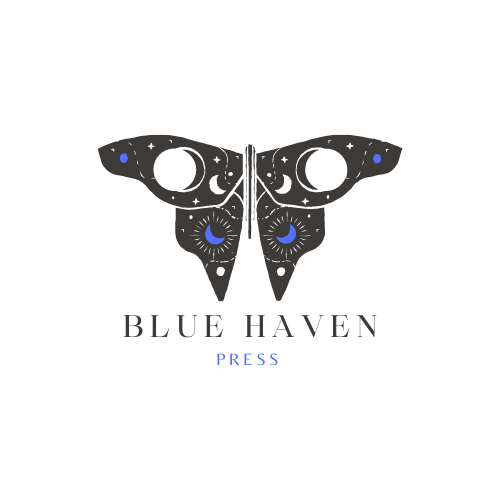
This novel is my literary pick for 2019. I rarely buy fiction, especially hardcover novels, but this one jumped off the shelf at my local Indie bookstore, and when a book claims you like that, you have to take it home. Besides, the black, silver and hot pink cover had me spellbound. I read it twice, cover to cover, back to back. First, to find out what happens to our feisty Métis hero, Joan of Arcand, and then again to savour the poetic brilliance of Dimaline’s writing.
“If her heart was a song, someone smashed the bass drum and pulled all the strings off the guitar. Notes fell like hail, plinking into the soft basket of her guts.” This is Joan when she sees her lost husband, Victor Boucher, sitting in an old green chair on the stage at a revivalist tent in a Walmart parking lot in Orillia, Ontario. She’s been searching for him for eleven months and six days—since they had words and he stalked off into the woods. Only this man wearing Victor’s skin and speaking with Victor’s voice isn’t Victor. He’s Reverend Eugene Wolff.
Then Joan meets Thomas Heiser. In his blue suit with his gold watch, gold eyes, and too-white skin, Heiser is a resource development specialist who runs the Ministry of the New Redemption. Like those who’ve come before him, Heiser is intent on taking coveted land from the First People by using the mission system. If the resource companies can convert the traditional people, it’s so much easier to take their lands, build a pipeline, dig a mine. Somehow, this creepy stalker, in his daffodil-yellow tie, has stolen Victor, memories and all, and is using him as a frontman to undermine his own people.
Then the unthinkable happens. As in “Little Red Riding Hood” Joan’s grandmother, Mere, is killed by a wolfish creature, a rogarou.
At night, the rogarou wanders the roads. He is the threat mothers use to keep their children in line. To warn their girls to stay home. To keep their boys on the right path. Pronounced in Michif as rogarou, it’s derived from the French loup garou. Wolf Man. “A dog, a man, a wolf. He was clothed, he was naked in his fur, he wore moccasins to jig.” A shape-shifting monster, the rogarou comes to hunt, though he’s not quite the European werewolf. For one thing, you don’t become a rogarou simply because you get bit. It’s far more complex than that. And this wolf can dance.
As genres go, Empire of Wild could be labelled urban fantasy. It fulfills expectations. It’s contemporary, thrilling, sexy, mysterious, mythical. But I prefer the term mythic fiction. Like Joan of Arc, our Joan is a tenacious warrior of French Catholic descent, but it is her Métis Elders, Mere and Ajean, who steep her in medicine.
Carrying a ground-up salt bone for protection, Joan ventures into the Empire of Wild to slay the rogarou who’s killed Mere. And she’s determined to reclaim her husband from the creature.
Joan’s sidekick and protector is her chubby, bespectacled, twelve-year-old nephew, Zeus. This young sweetheart believes his Aunt Joan is his soulmate because he makes her happy. Zeus is always there for Joan even as she’s sponging her grandmother’s blood off the rocks. And when she leaves Mere’s trailer taking only a deck of playing cards tied with red ribbon, a bundle of sage, and her Swiss Army knife, Zeus joins Joan in her mission to bring Victor home.

Like her hero, Cherie Dimaline is brave and fearless, pouring history, politics, and religion into her cauldron, then stirring with a branch of magic realism and terror. This is an Indigenous story told by an Indigenous storyteller. Close relationships bonded by blood, work, and land. Family. Sweetgrass. Tobacco smoke. Cherie Dimaline is from the Georgian Bay Metis Community in Ontario where this story is set. It’s evident in the bones, pores, and flesh of the landscape, and in the wildly beating hearts of the people whose territory the rogarou stalks.
After a jaw-clenching climax full of surprises, we’re left with a non-traditional but hopeful epilogue. You’ll have to read it to find out what that means. Mind: you may never go out in the woods again.

As reviewed in The Ottawa Review of Books, February 2020
If you think there are no great Canadian authors, explore past editions.


It sounds like a really good read! Thanks for letting us know about it.